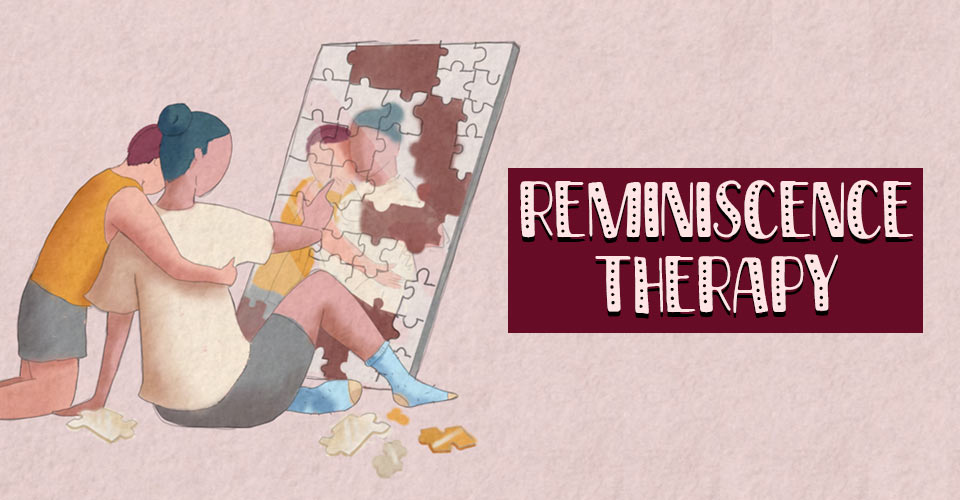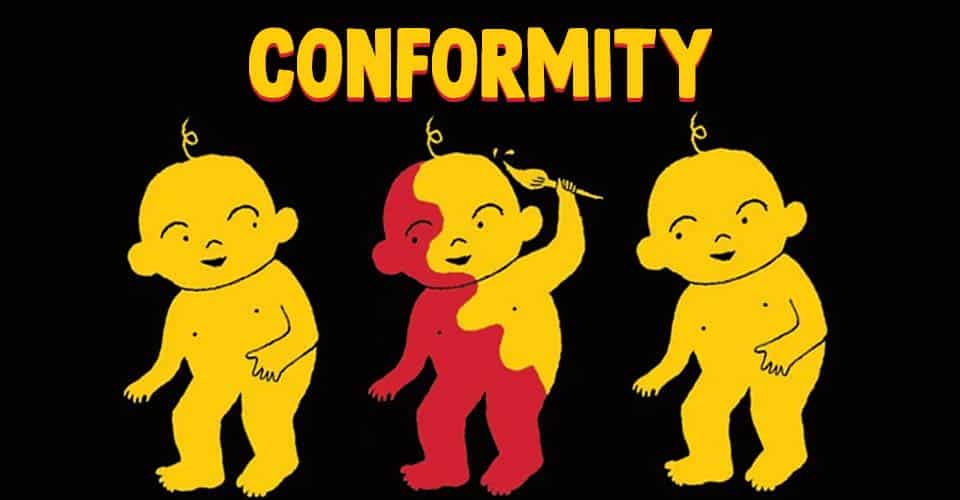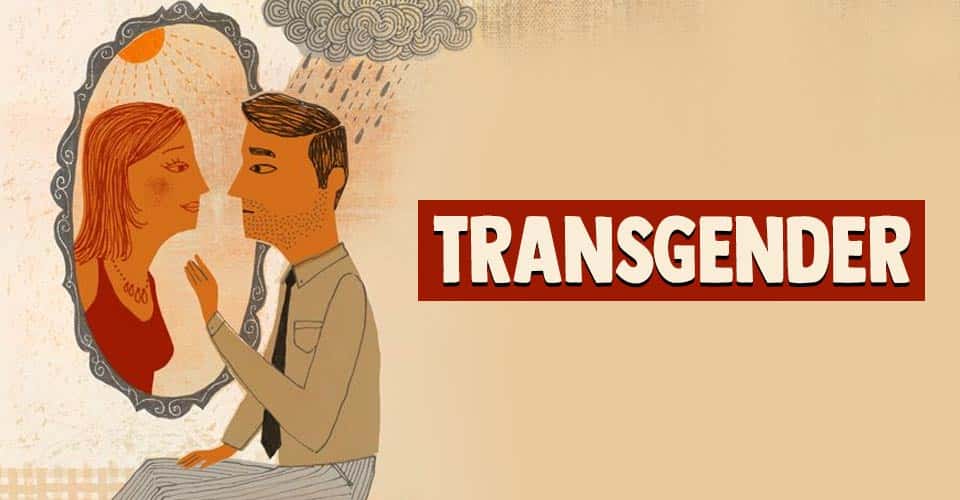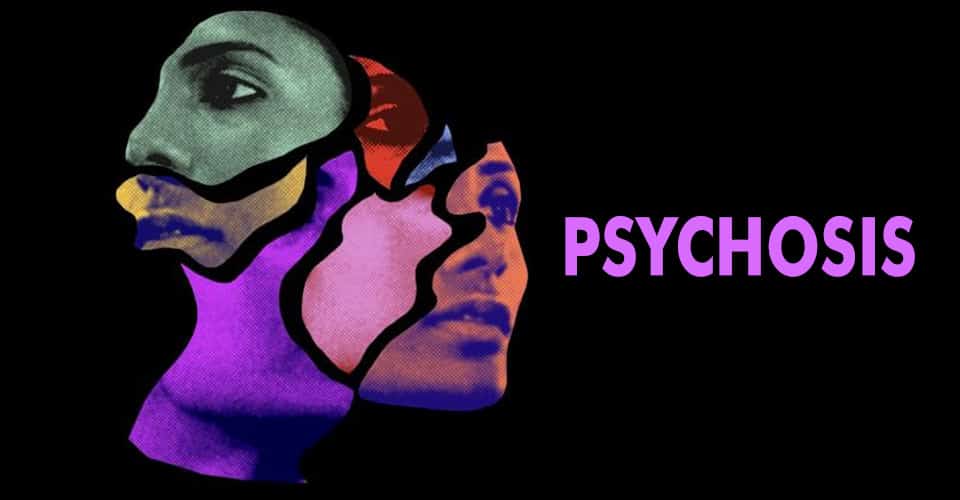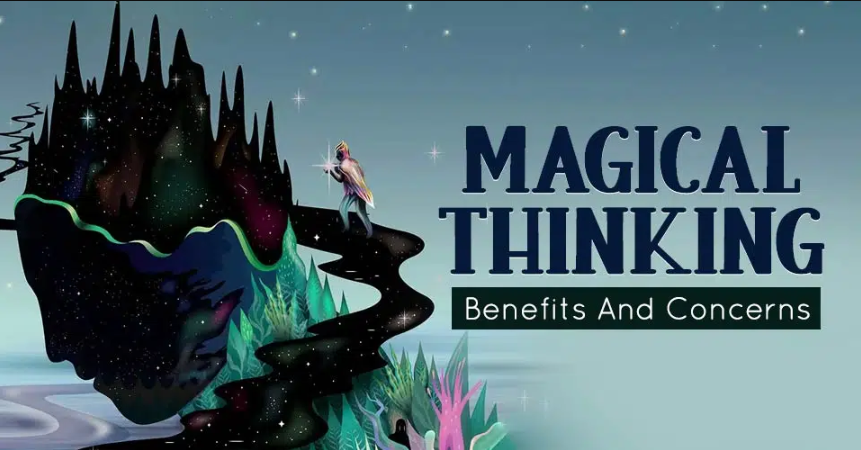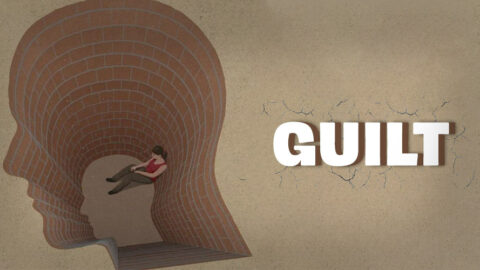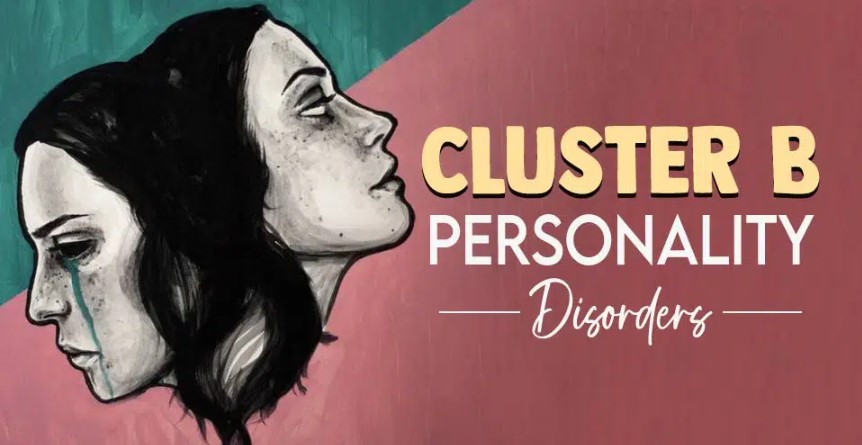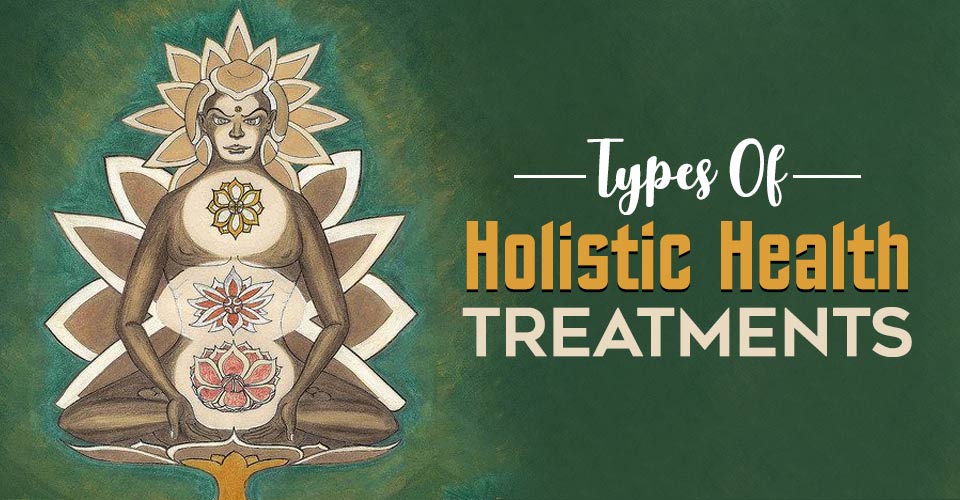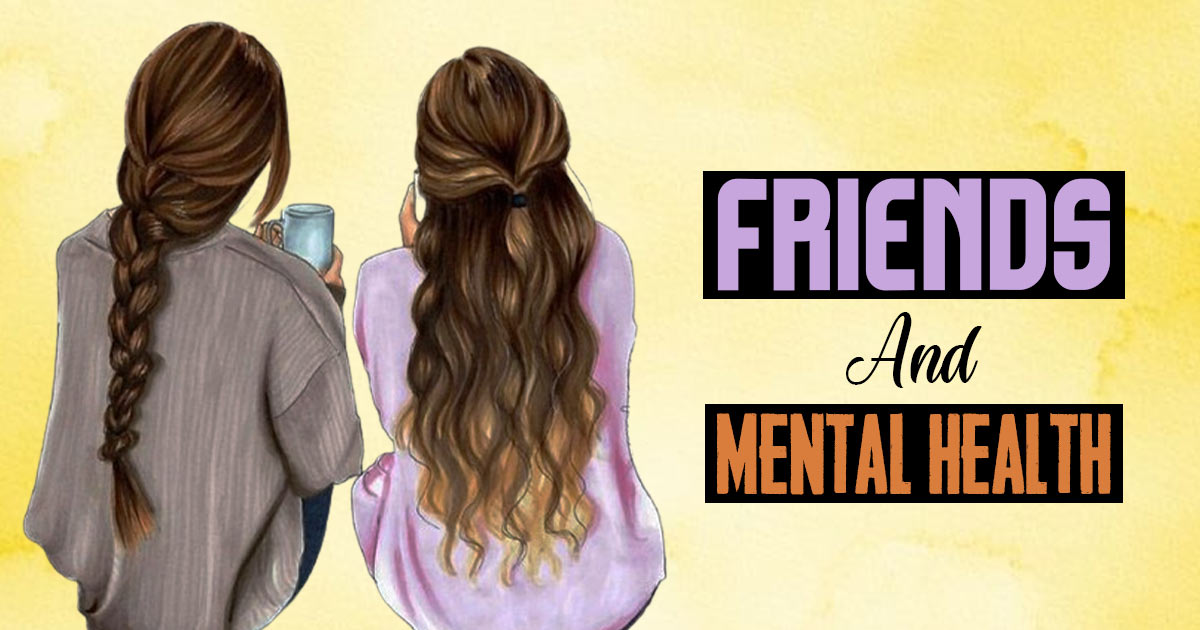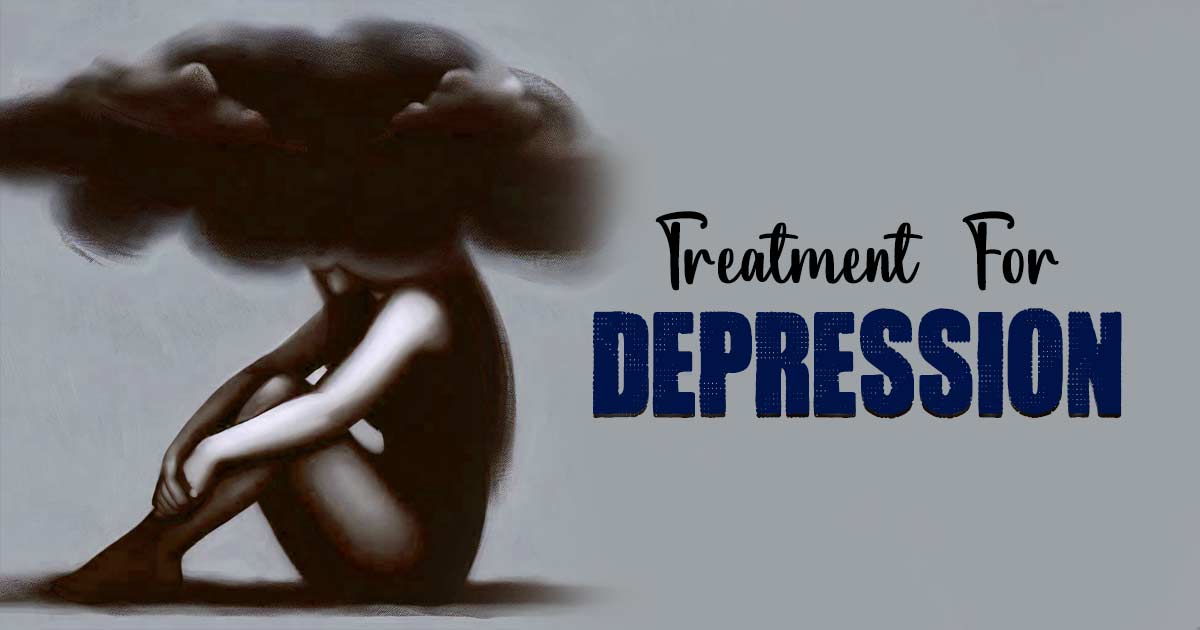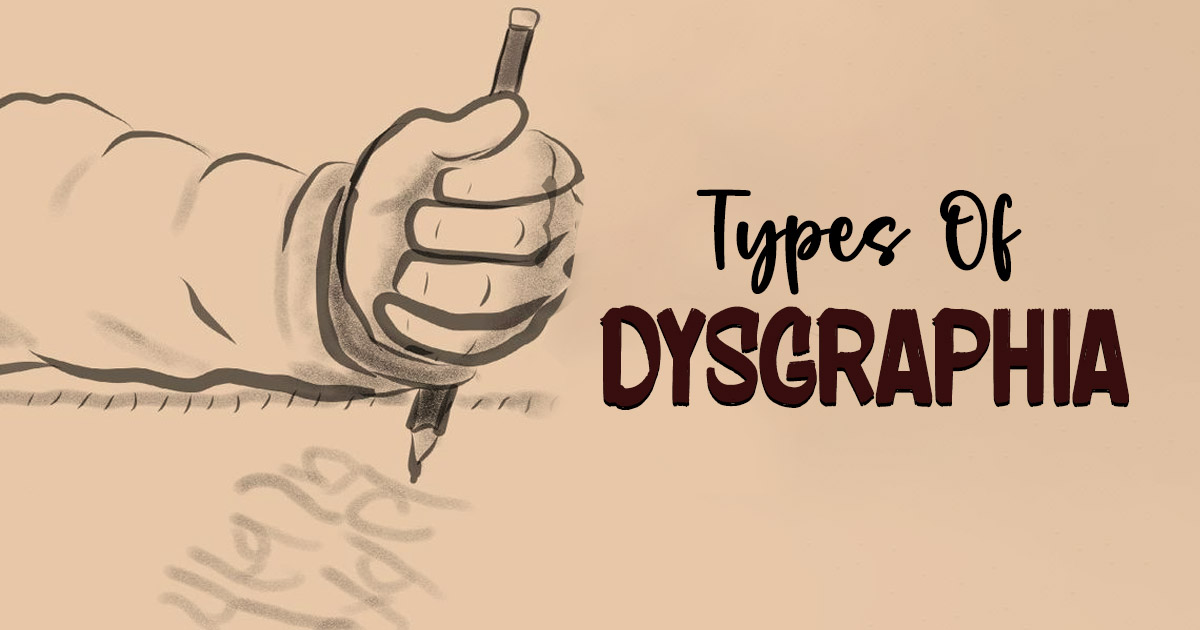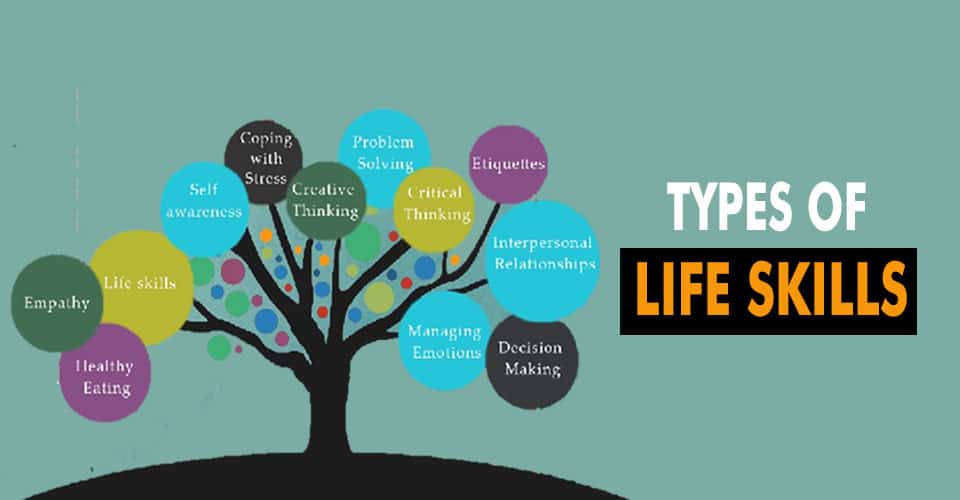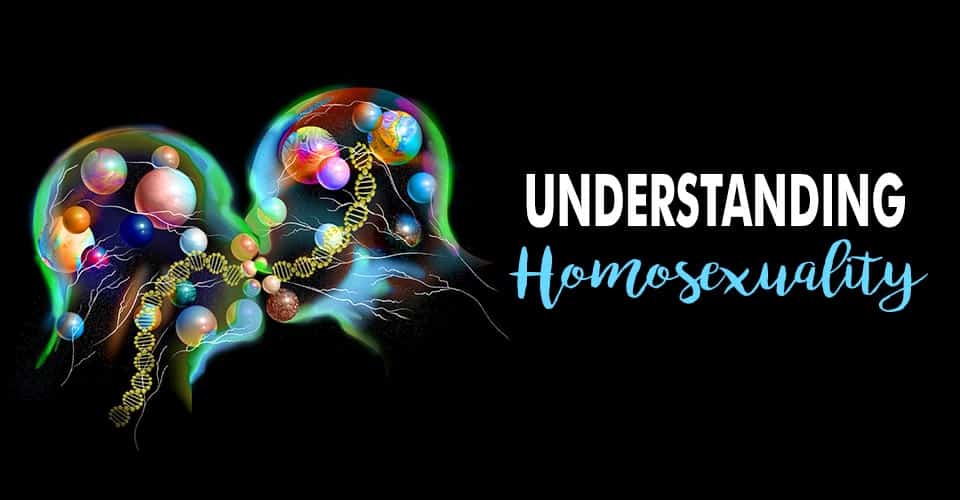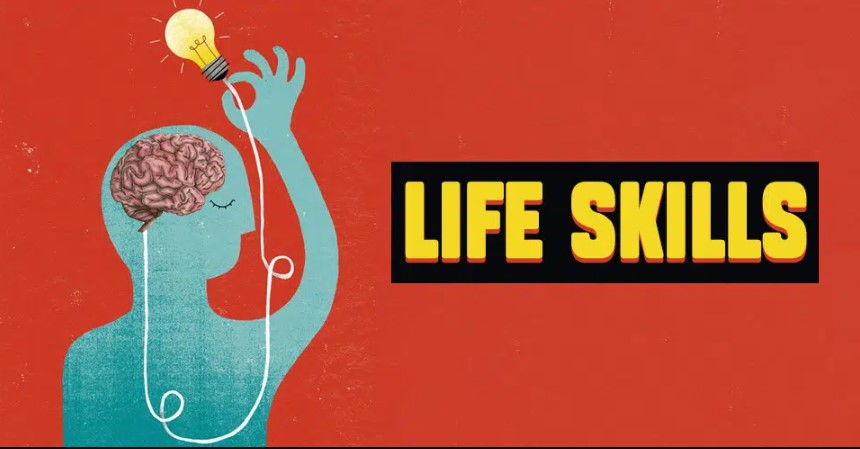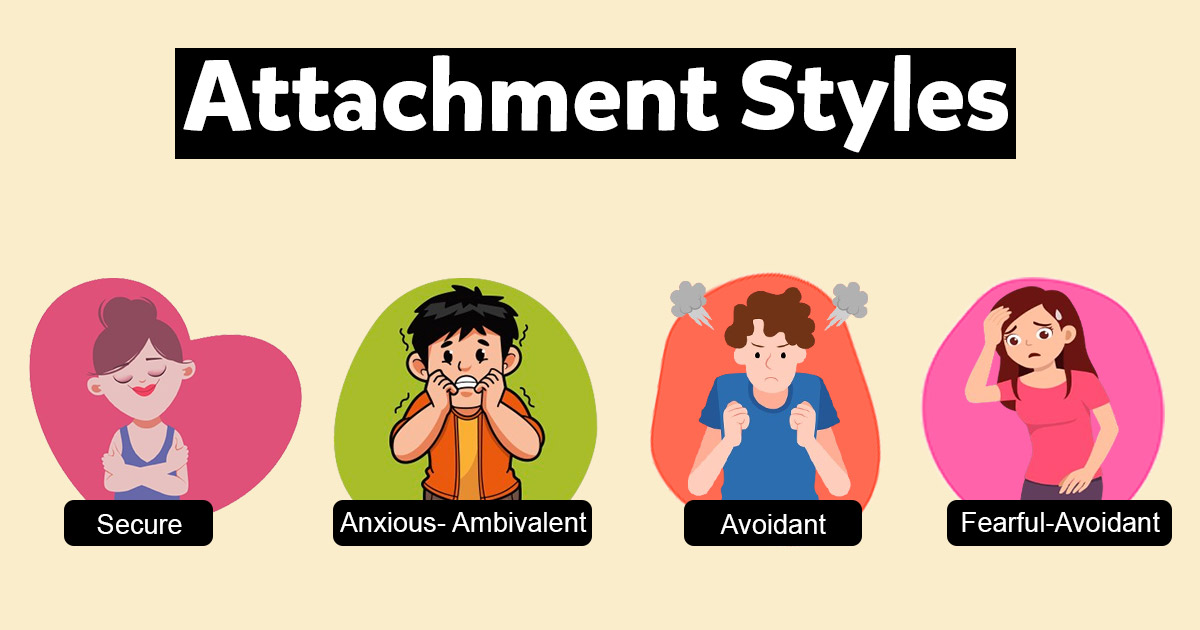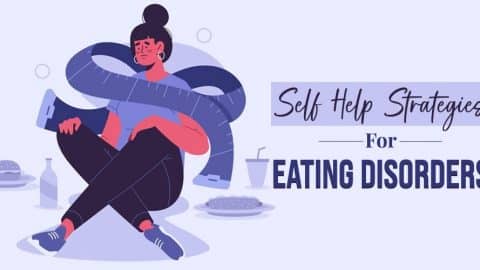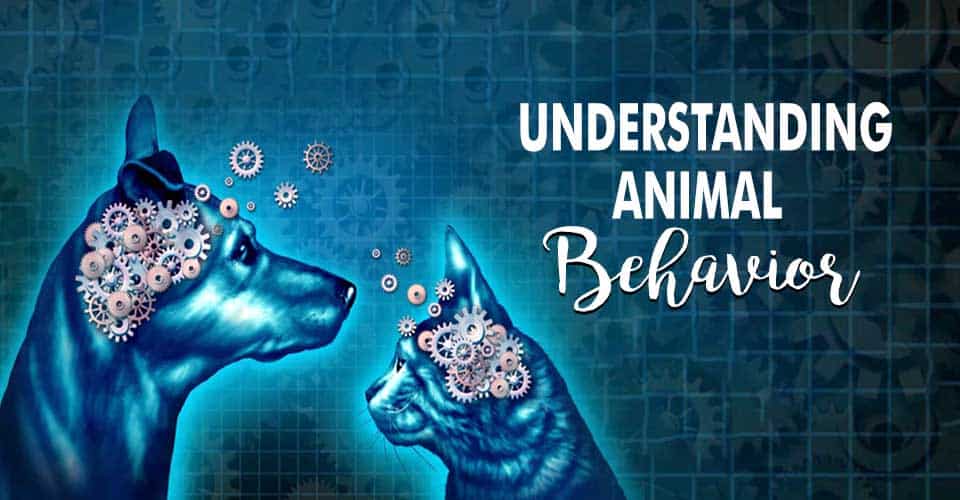Reminiscence therapy is a treatment that aims to help people with severe memory disorders recall memories through various techniques.
What Is Reminiscence Therapy?
Reminiscence therapy (RT) is a non-pharmacological intervention 1 Woods, B., O’Philbin, L., Farrell, E. M., Spector, A. E., & Orrell, M. (2018). Reminiscence therapy for dementia. The Cochrane database of systematic reviews, 3(3), CD001120. https://doi.org/10.1002/14651858.CD001120.pub3 that involves discussing and finding meaning in memories, events, and experiences from the past.
It aims to evoke the positive emotions associated with fond memories, stimulate mental activity, as well as improve self-esteem, well‐being, and fulfillment in people with dementia and other memory disorders.
This form of therapy goes beyond the mere recalling of nostalgic events 2 Klever S. (2013). Reminiscence therapy: finding meaning in memories. Nursing, 43(4), 36–37. https://doi.org/10.1097/01.NURSE.0000427988.23941.51 , encouraging patients to communicate and interact with a listener in the present. It often complements techniques that have been developed in other therapeutic frameworks, such as:
- Cognitive therapy
- Problem-solving therapy
- Narrative therapy
- Art therapy
Read More About Cognitive Behavioral Therapy Here
How Does Reminiscence Therapy Work?
For people with dementia, a typical reminiscence therapy session involves discussions of memories from the past with a licensed therapist using tangible prompts/objects to evoke memories and stimulate conversation. Such sessions may be formal, informal, one-on-one, or in a group setting.
Reminiscence therapy activities use sensory stimulation through sound, movement, dance, smell, vibration, and food to trigger strong memories. For instance, vocal reminiscing is often supported by props that have special meaning for an individual, such as:
- Books
- Videos
- Photographs
- Music
- Personal recordings
- Household items
- Other objects like magazines, letters, food, ticket stubs, etc.
Recently, reminiscence therapy has come to be administered in innovative in-patient treatment facilities designed exclusively for people with dementia. One of the foremost reminiscence therapy examples includes “dementia villages 3 Haeusermann, T. (2018). The Dementia Village: Between Community and Society (F. Krause & J. Boldt, Eds.). PubMed; Palgrave Macmillan. Available from: https://www.ncbi.nlm.nih.gov/books/NBK543750/ ” or medical residential townships in which dementia patients reside alongside medical professionals like doctors and caregivers.
The Hogeweyk in the Netherlands, Germany’s Tönebön am See, and “The Village” in Canada have gained recognition in the last decade for their unconventional administration of reminiscence therapy to people with severe dementia.
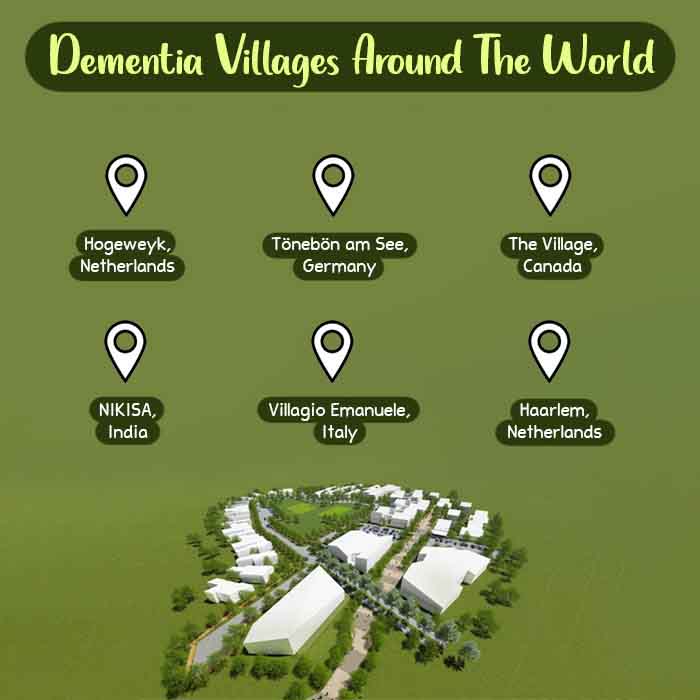
Read More About Dementia Here
How Effective Is Reminiscence Therapy?
Reminiscence therapy has a positive effect on not only cognitive function but also emotional functions for the elderly 4 Thomas, J. M., & Sezgin, D. (2021). Effectiveness of reminiscence therapy in reducing agitation and depression and improving quality of life and cognition in long-term care residents with dementia: A systematic review and meta-analysis. Geriatric nursing (New York, N.Y.), 42(6), 1497–1506. https://doi.org/10.1016/j.gerinurse.2021.10.014 with different types of dementia, namely, Alzheimer’s disease (AD), Vascular dementia, Lewy body dementia, and Frontotemporal dementia. It was particularly found that this form of therapy significantly increased older adults’ remission from depression and quality of life 5 Liu, Z., Yang, F., Lou, Y., Zhou, W., & Tong, F. (2021). The Effectiveness of Reminiscence Therapy on Alleviating Depressive Symptoms in Older Adults: A Systematic Review. Frontiers in psychology, 12, 709853. https://doi.org/10.3389/fpsyg.2021.709853 immediately after the intervention.
Digital Reminiscence Therapy: A Step Ahead
To improve the accessibility and usability of RT, researchers have implemented therapy with advanced information and communication technologies (ICTs). These include digital reminiscence therapy, digital life stories, and networked RT.
Digital reminiscence therapy 6 Moon, S., & Park, K. (2020). The effect of digital reminiscence therapy on people with dementia: a pilot randomized controlled trial. BMC geriatrics, 20(1), 166. https://doi.org/10.1186/s12877-020-01563-2 involves a practical method to support RT delivery using multiple engaging media and allowing for multiple users.
With the help of webcams, photos, interactions with computer graphics, and personalized videos, it allows for technological conveniences that enable uploading personal materials (like favorite music, pictures, and videos) and presenting individual triggers of personal memories in what appears to be personalized “digital storybooks 7 Hashim, A., Mohd. Rias, R., & Kamaruzaman, M. F. (2013). The Use of Personalized Digital Memory Book as a Reminiscence Therapy for Alzheimer’s Disease (AD) Patients. Advances in Visual Informatics, 508–515. https://doi.org/10.1007/978-3-319-02958-0_46 ”.
Technology-based reminiscence therapy is associated with greater accessibility and cost-effectiveness, unlike conventional reminiscence therapy which exhaustively requires collecting items and training staff.
Digital RT does not require real objects as cues for recalling past events. It also offers numerous opportunities for engaging multimedia materials and storytelling as well as social interactions. As such, it is also associated with greater cognitive improvement, social engagement, and behavioral and psychological symptoms of dementia.
Methods Of Reminiscence Therapy
As per research 8 Watt, L. M., & Cappeliez, P. (2000). Integrative and instrumental reminiscence therapies for depression in older adults: Intervention strategies and treatment effectiveness. Aging & Mental Health, 4(2), 166–177. https://doi.org/10.1080/13607860050008691 , there are two primary methods of reminiscing in reminiscence therapy:
1. Integrative Reminiscence Therapy
In integrative reminiscence therapy, people attempt to accept negative events in the past and resolve past conflicts. They attempt to reconcile the discrepancies between reality and ideals, identify continuities between past and present, and find meaning and worth in life.
2. Instrumental Reminiscence Therapy
In instrumental reminiscence therapy, patients are asked to recall successful experiences in which they acted effectively and took control of a difficult environment. In such cases, the individuals recollect goal-directed coping plans, activities, and strategies that they previously used to resolve crises in the past.
Types Of Reminiscence Therapy
The different types of reminiscent therapy include:
1. Simple Reminiscence
Simple reminiscence therapy involves recalling past experiences 9 Merriam S. B. (1989). The structure of simple reminiscence. The Gerontologist, 29(6), 761–767. https://doi.org/10.1093/geront/29.6.761 . The process consists of four elements: selection, immersion, withdrawal, and closure. In most cases, the patient chooses to recall a certain memory and self-evaluates the private thoughts and feelings linked to the memory. After careful consideration, he/she withdraws from the memory and comes to an acceptance of the events in the memory.
2. Life Review
Life review 10 Lo Gerfo M. (1980). Three ways of reminiscence in theory and practice. International journal of aging & human development, 12(1), 39–48. https://doi.org/10.2190/cbkg-xu3m-v3jj-la0y reminiscence therapy involves recollecting memories covering an entire lifespan, for the pleasure of reliving and retelling them. This includes the evaluation of life events and the integration of positive and negative life events in a coherent life story.
3. Life Story
Life story reminiscence therapy for dementia uses life story books 11 Subramaniam, P., Woods, B., & Whitaker, C. (2014). Life review and life story books for people with mild to moderate dementia: a randomised controlled trial. Aging & mental health, 18(3), 363–375. https://doi.org/10.1080/13607863.2013.837144 to help people retrieve autobiographical memories easily. The life storybook usually depicts the history of an individual, in chronological order, with pictures, captions, and personal memorabilia.
Benefits Of Reminiscence Therapy
Psychosocial interventions like reminiscence therapy use physical, emotional, and social activities to improve the quality of life of people with dementia and optimize their existing abilities. The prominent 12 Thomas, J. M., & Sezgin, D. (2021). Effectiveness of reminiscence therapy in reducing agitation and depression and improving quality of life and cognition in long-term care residents with dementia: A systematic review and meta-analysis. Geriatric nursing (New York, N.Y.), 42(6), 1497–1506. https://doi.org/10.1016/j.gerinurse.2021.10.014 benefits of recalling memories include:
- Improving cognition
- Enhancing self-esteem and control
- Providing relief from boredom
- Relieving symptoms of depression and anxiety
- Reducing stress, aggression, and agitation
- Developing coping skills for dementia-related responsive behaviors like wandering, delusions, etc.
- Developing more positive feelings
- Providing a sense of continuity in terms of life events
- Enhancing quality of life and self-fulfillment
Tips To Engage in Reminiscence Therapy
Consider the following tips to get the best out of reminiscence therapy:
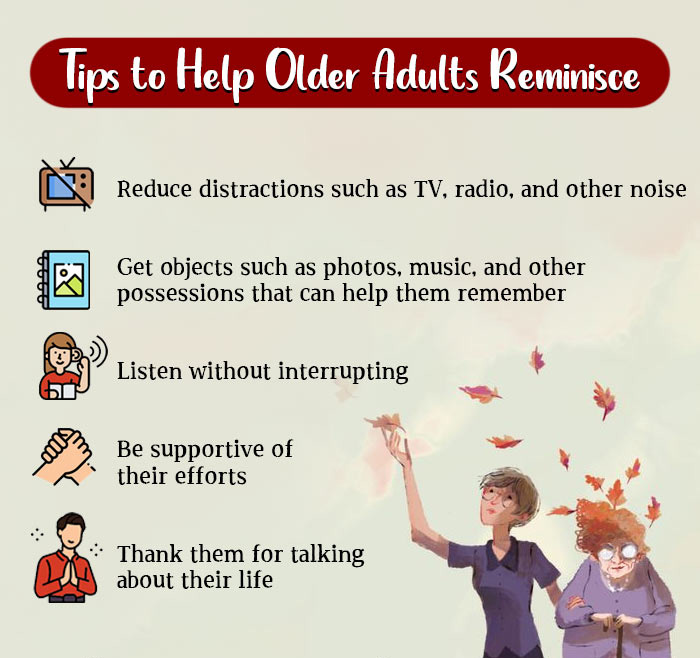
- There is no pressure on you to remember everything! Try to look at reminiscence as a fun activity rather than an excruciating task.
- Take breaks whenever required. Remembering can be cognitively exhausting.
- Write or record your stories as you remember them, to help you in the future.
- Celebrate small achievements. If you managed to remember a significant event, treat yourself to something you like.
Takeaway
In recent decades, reminiscence therapy has emerged as a novel method to treat serious memory disorders and their associated psychological and behavioral problems. It has proved itself to be an inexpensive and potentially beneficial approach to helping people with dementia age happily and healthily.
At A Glance
- Reminiscence therapy uses the recollection of memories as a therapeutic technique.
- In this therapy, the act of reminiscence helps in memory consolidation and the improvement of cognitive-behavioral impairment.
- It is usually administered to people with dementia and brain injury or the elderly.
- It is often administered in nursing homes or geriatric health facilities.
- It can also reduce symptoms of depression, agitation, anxiety, etc. linked to the onset of dementia and other memory disorders.

